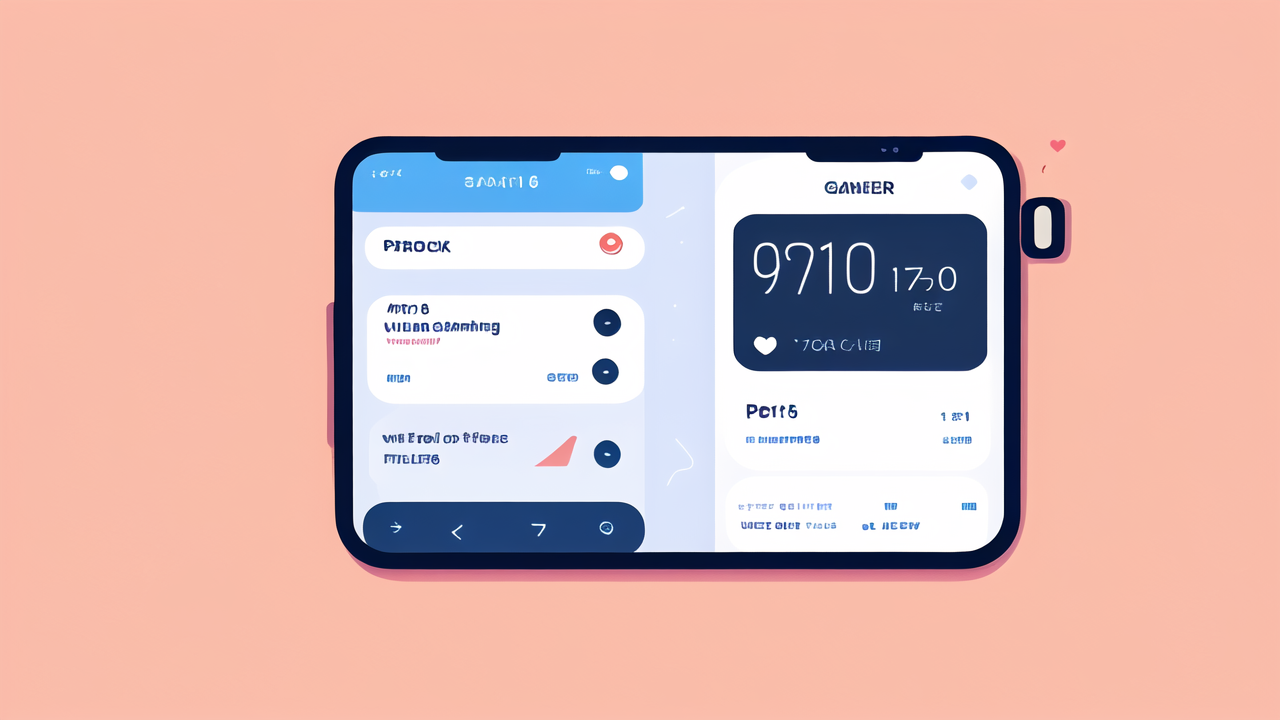Understanding Fitness Tracking: What It Is and Why It Matters
The Evolution of Fitness Tracking Technology
Fitness tracking has come a long way since its early days. It started with simple pedometers that counted steps. Now, we have advanced devices that do much more. These trackers can monitor heart rate, sleep patterns, and even stress levels. The technology has evolved rapidly over the past decade. Early fitness trackers were bulky and had limited features. Today's devices are sleek, stylish, and packed with sensors. They can track a wide range of activities and provide detailed insights into our health and fitness.

Key Benefits of Using Fitness Trackers
Fitness trackers offer many benefits to users. They help people stay motivated and accountable for their fitness goals. These devices provide real-time data on physical activity, which can be very encouraging. They also allow users to set and track personal fitness goals. This can lead to improved health outcomes and a more active lifestyle. Fitness trackers can also help users monitor their sleep patterns and stress levels. This information can be valuable for overall well-being. Many people find that using a fitness tracker makes them more aware of their daily habits.
Top Fitness Trackers and Smart Watches on the Market
Advanced Smart Watches for Fitness Enthusiasts
Smart watches have become popular among fitness enthusiasts. They offer a wide range of features beyond basic activity tracking. Here are some top picks:

- Apple Watch Series 8: Known for its health features and seamless iPhone integration.
- Garmin Fenix 7: Ideal for outdoor enthusiasts with its rugged design and advanced GPS.
- Samsung Galaxy Watch 5: A versatile option with good fitness tracking and smartwatch features.
- Fitbit Sense 2: Offers stress management tools and a holistic approach to health tracking.
These watches can track workouts, monitor heart health, and even make calls. They often have large, easy-to-read displays and long battery life. Many also offer advanced metrics like VO2 max and recovery time.
The Best Activity Trackers for Health and Wellness
For those focused on health and wellness, dedicated activity trackers are a great choice. These devices are often more affordable and have longer battery life. Some top options include:
- Fitbit Charge 5: A feature-packed tracker with ECG and stress monitoring.
- Whoop 4.0: Focuses on recovery and strain, popular among athletes.
- Oura Ring Gen3: A discreet ring that tracks sleep and activity.
- Xiaomi Mi Band 7: An affordable option with impressive features for its price.
These trackers excel at monitoring daily activity, sleep, and overall health. They often have simpler interfaces and focus on core fitness tracking features. Many users prefer their slim designs and long-lasting batteries.
Activity Trackers with Integrated GPS and Mapping Features
For runners, cyclists, and outdoor enthusiasts, GPS is a crucial feature. Here are some top trackers with built-in GPS:
- Garmin Forerunner 955: Offers advanced training features and mapping.
- Coros Apex 2 Pro: Known for its long battery life and outdoor-focused features.
- Polar Vantage V2: Provides detailed training insights and recovery tracking.
- Suunto 9 Peak Pro: Rugged design with excellent battery life and navigation features.
These devices can track routes, pace, and distance without needing a phone. They often include features like altitude tracking and navigation. This makes them ideal for trail running, hiking, and other outdoor activities.
The Future of Fitness Tracking: Trends and Predictions
The Role of AI and Machine Learning in Fitness Tracking
AI and machine learning are set to revolutionize fitness tracking. These technologies can analyze vast amounts of data to provide personalized insights. Future trackers may offer more accurate predictions about health risks. They could also provide tailored workout recommendations based on individual patterns. AI could help interpret complex health data, making it more useful for users. We might see trackers that can detect early signs of health issues before symptoms appear. This could lead to more proactive healthcare and better overall wellness management.

Integrating Fitness Tracking with Virtual Reality and Gaming
The future of fitness tracking may blend with virtual reality and gaming. This could make exercise more engaging and fun. Imagine wearing a VR headset that tracks your movements during a workout. You could be running through a virtual landscape or competing against friends in real-time. Fitness games could use data from your tracker to create personalized challenges. This integration could help motivate people who find traditional exercise boring. It could also make fitness more accessible to those with limited mobility or outdoor access.
Privacy and Ethical Considerations in Fitness Tracking
As fitness trackers collect more data, privacy concerns grow. Future devices will need to balance advanced features with data protection. Users may demand more control over their health data. There could be stricter regulations on how companies use and store this information. Ethical questions may arise about sharing fitness data with employers or insurers. The industry will need to address these concerns to maintain user trust. We may see more emphasis on encrypted data and user-controlled sharing options. Balancing innovation with privacy will be a key challenge for fitness tracking technology.




Leave a comment
This site is protected by hCaptcha and the hCaptcha Privacy Policy and Terms of Service apply.